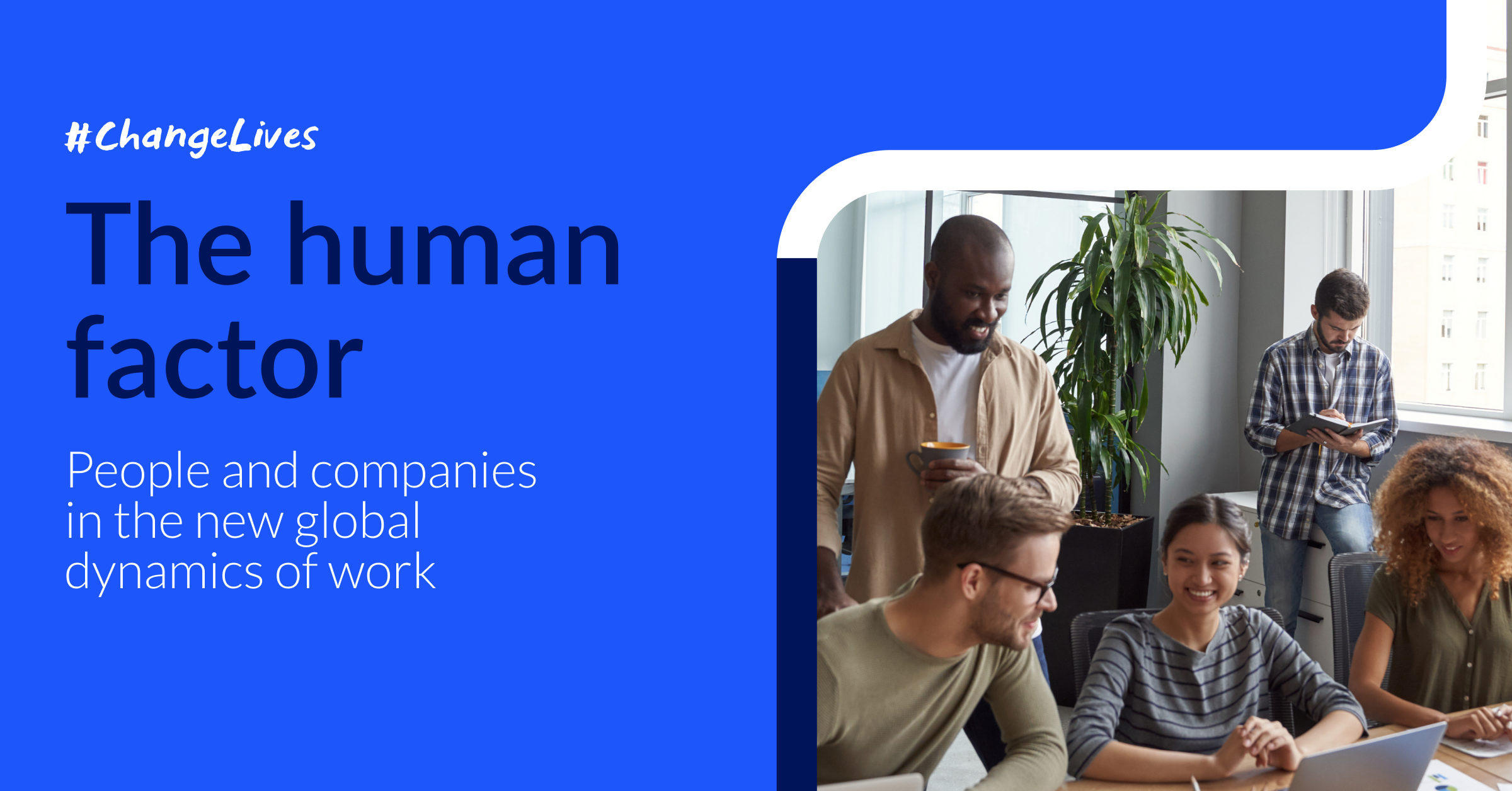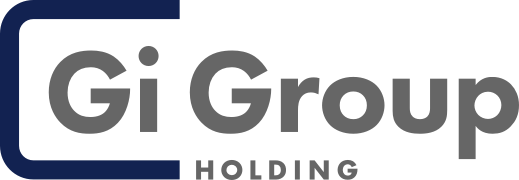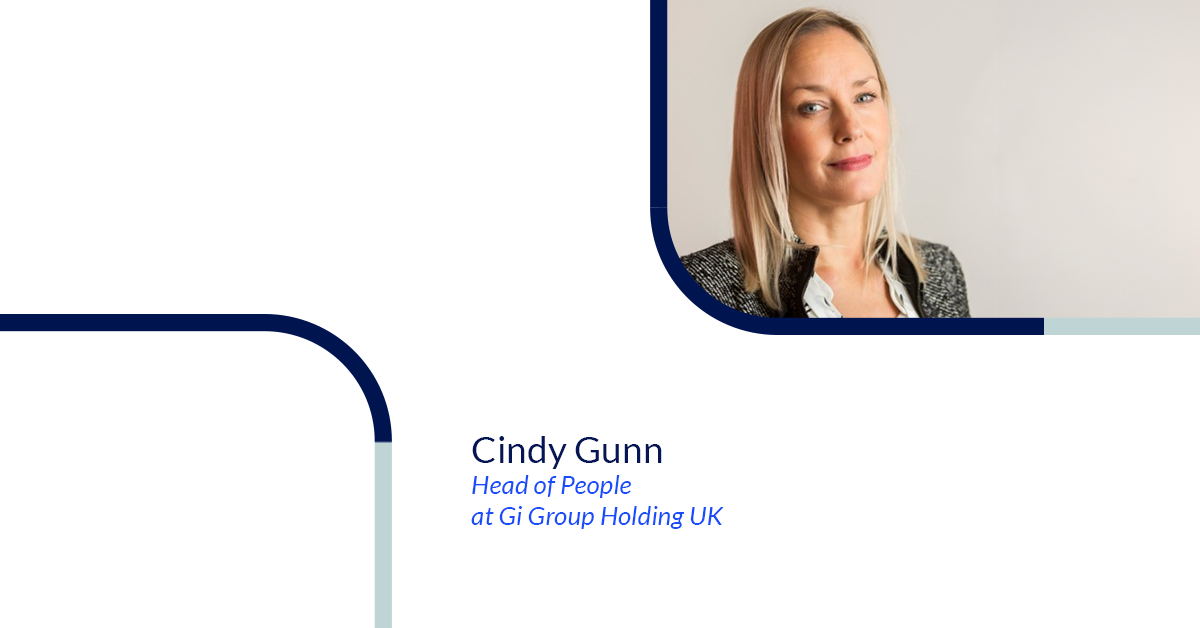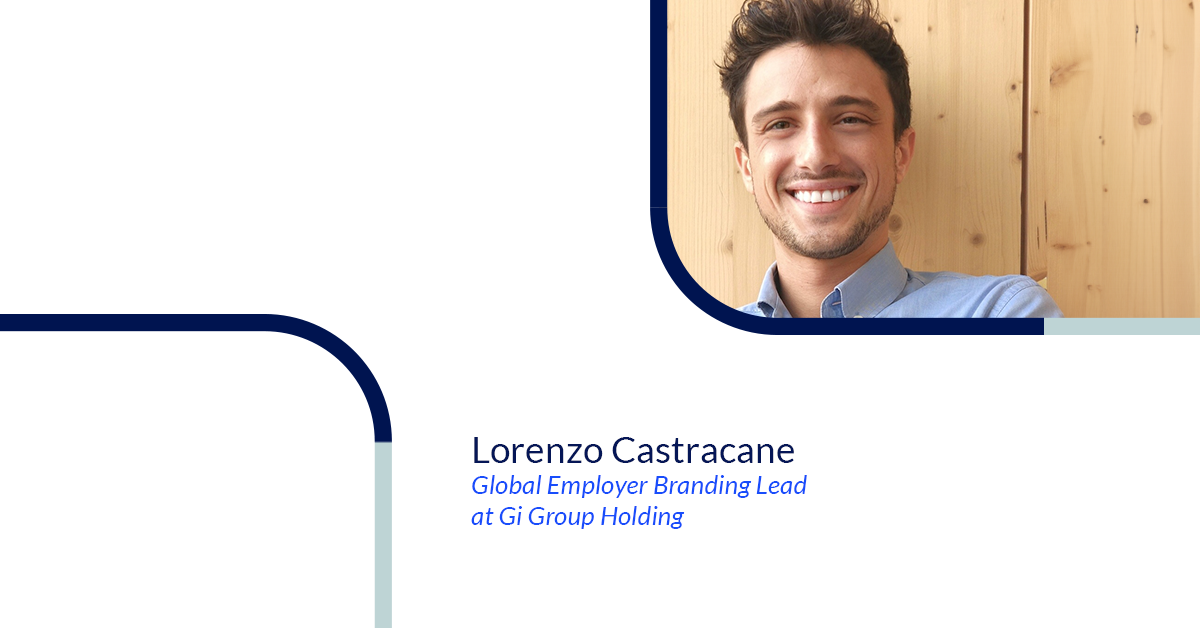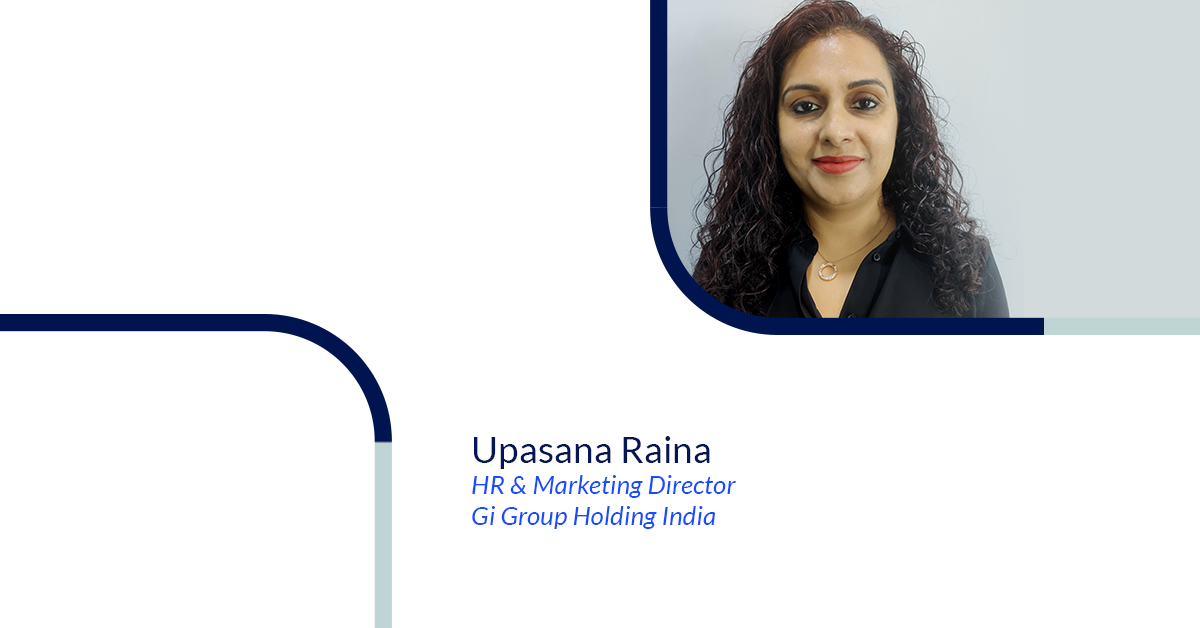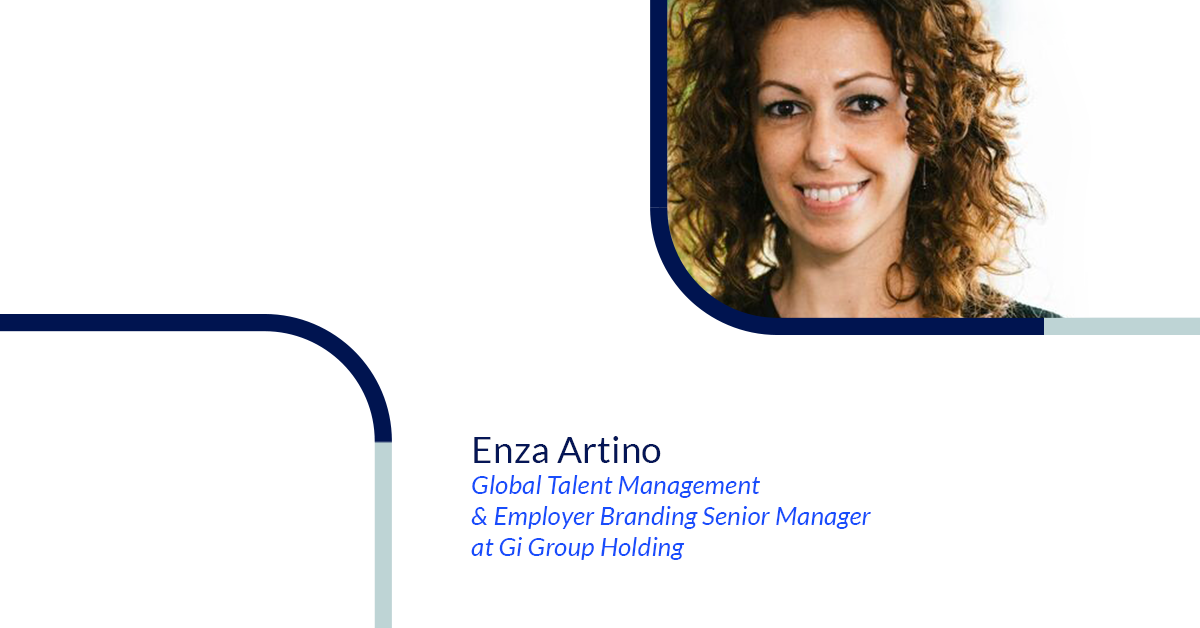Our latest
insights and reports.
What is sustainable work?
"In a world that distinguishes between who is working to live from who is living to work, we believe that it is and should be possible living the work "
The sustainable work’s framework, summarising which factors allow the work to be sustainable, is composed of three dimensions:
Grasp the meaning and value of work, take care of your psycho-physical well-being, invest in developing hard and soft skills, and build professional and leadership relationships.
Target 5.1: End all forms of discrimination against all women and girls everywhere
Target 5.5: Ensure women’s full and effective participation and equal opportunities for leadership at all levels of decision-making in political, economic and public life
• Attraverso i servizi che mettiamo a disposizione della comunità e del mercato, in particolare attraverso i percorsi di formazione e di sviluppo del personale e la formazione finanziata erogata dalla nostra Learning & Development Practice
• Mantenendo l’apprendimento continuo come colonna portante della nostra strategia indirizzata ai dipendenti interni, con crescenti investimenti in iniziative di formazione e tese alla condivisione delle competenze
• Offrendo formazione gratuita, attraverso i finanziamenti a disposizione del settore, per i nostri candidati, per i lavoratori e per le persone che si rivolgono alle aziende del Gruppo per trovare o ritrovare la propria strada nel mondo del lavoro
• Proponendo il nostro progetto internazionale di volontariato “Destination Work”, e strutturando iniziative locali tese a migliorare l’employability all’interno delle comunità in cui operiamo
La nostra risposta all’SDG 8 vuole contribuire al raggiungimento dell’obiettivo:
• Attraverso l’intera gamma dei nostri servizi, che ha come fine ultimo quello di dare valore al lavoro e centralità alla persona
• Con il nostro impegno a migliorare l’employability, in particolare con iniziative mirate alla popolazione giovane e alle persone vulnerabili
• Promuovendo la responsabilità come uno dei nostri valori fondanti, con il rispetto assoluto di diritti umani, delle leggi e del principio di concorrenza libera, regolamentata e leale
• Creando un mercato del lavoro migliore, sostenendo tutte le norme che offrono maggiore protezione ai lavoratori e assumendo un ruolo attivo nel contrasto alla corruzione e a qualunque forma di abuso o di comportamento illecito

